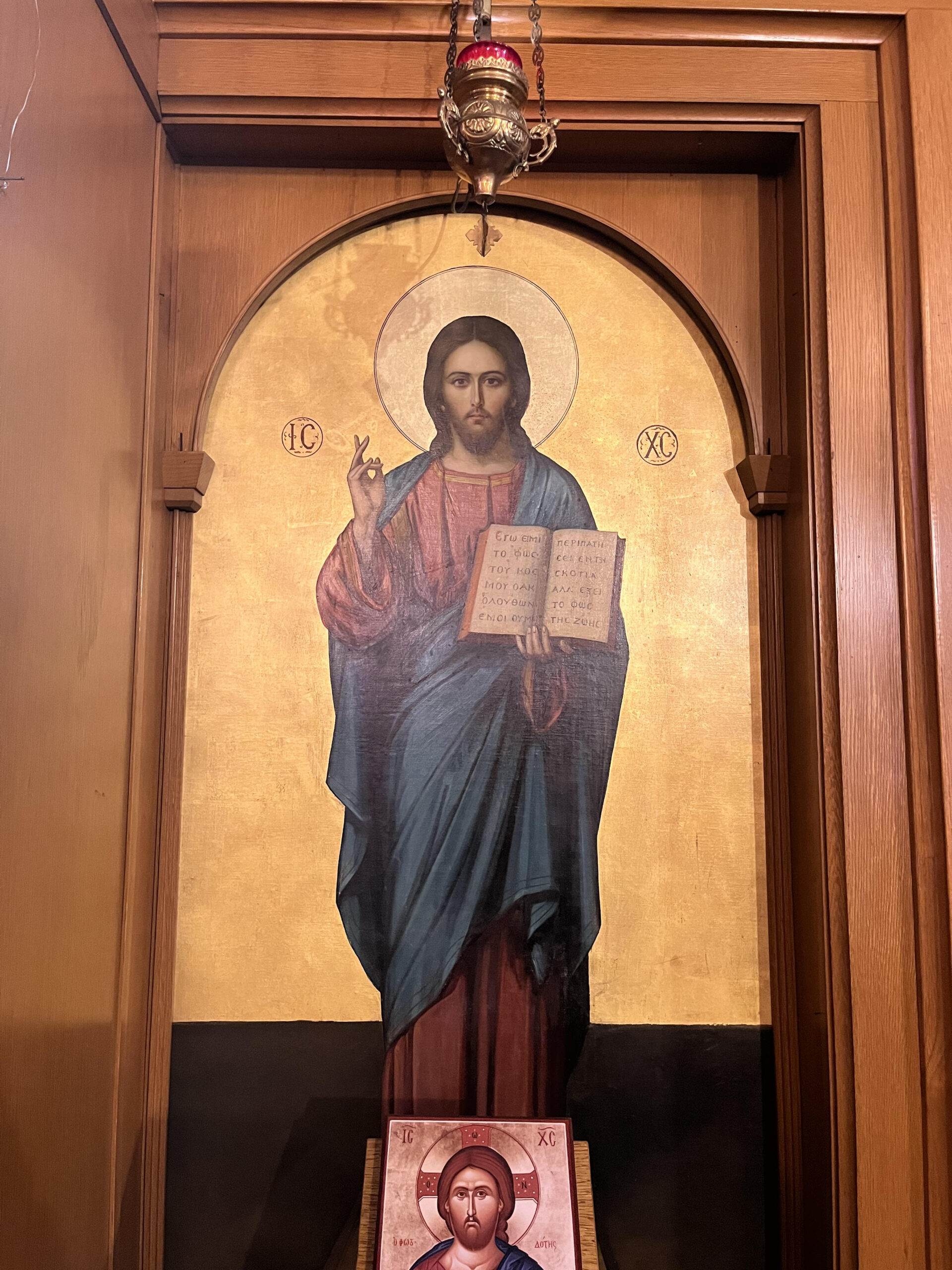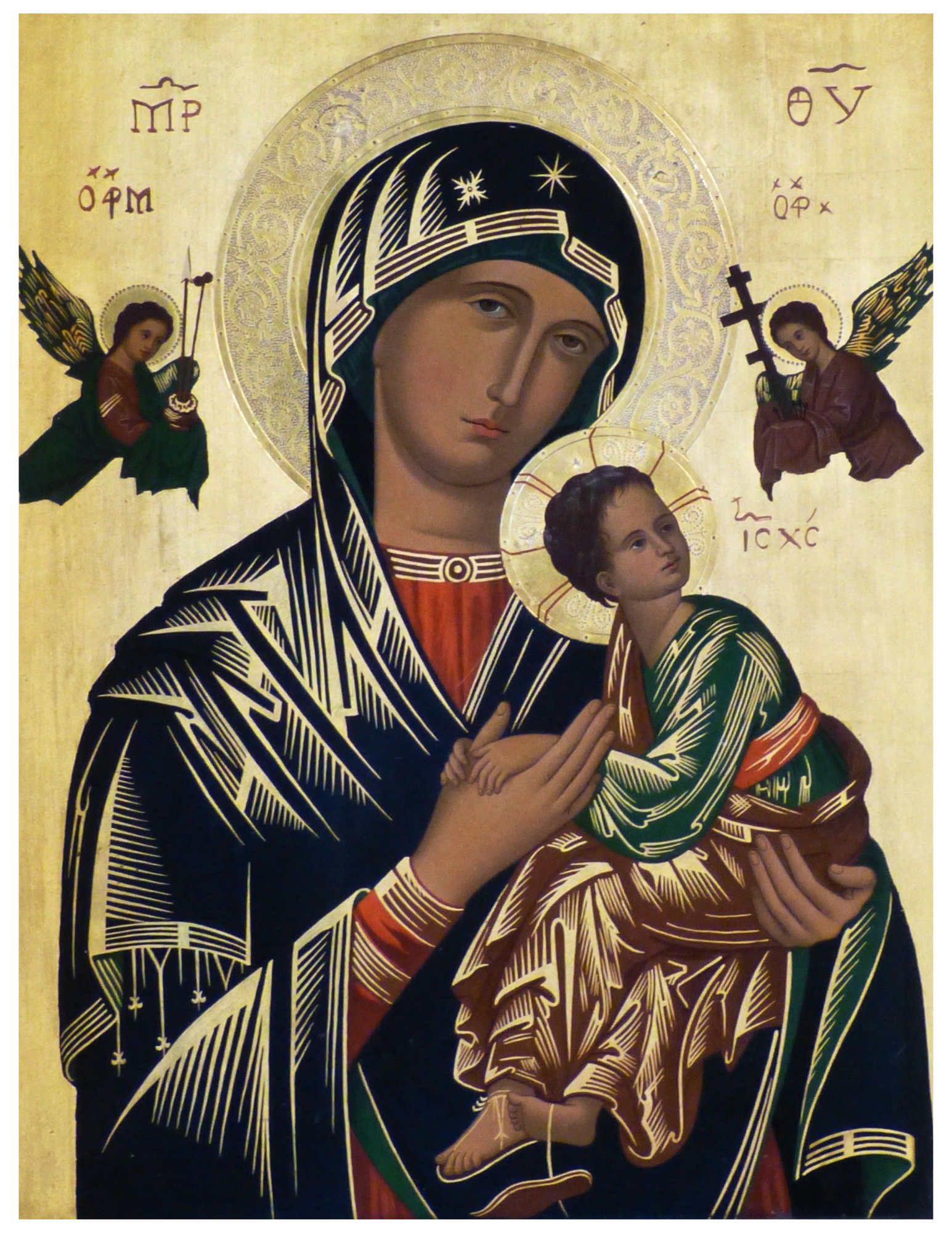For I would have you know, brethren, that the gospel which was preached by me is not man’s gospel. For I did not receive it from man, nor was I taught it, but it came through a revelation of Jesus Christ. For you have heard of my former life in Judaism, how I persecuted the church of God violently and tried to destroy it; and I advanced in Judaism beyond many of my own age among my people, so extremely zealous was I for the traditions of my fathers. But when He who had set me apart before I was born, and had called me through His grace, was pleased to reveal His Son to me, in order that I might preach Him among the Gentiles, I did not confer with flesh and blood, nor did I go up to Jerusalem to those who were apostles before me, but I went away into Arabia; and again I returned to Damascus. Then after three years I went up to Jerusalem to visit Cephas, and remained with him fifteen days. But I saw none of the other apostles except James the Lord’s brother.
Galatians 1:11-19 (Epistle from Sunday after Nativity)
Christ is Born! Glorify Him!
There are three commemorations of Biblical figures each year on the Sunday after the Nativity. Each is related to the family of Christ. First, we commemorate David the Prophet. Jesus descended from the lineage of David. David descended from Abraham, the one whom God first made a covenant with. David follows a pattern that is familiar to many people. He was a successful young man—he defeated Goliath, the giant—and was well thought of by his peers. Then, as king, the power went to his head. He stole his friend’s wife and had his friend killed. Like many people who are in power, he didn’t use it wisely. And like many people in middle age, he made some serious mistakes. What distinguishes David is that his repentance was great—he poured out his soul in writing the book of Psalms. Today we see David as a righteous figure. Again the saying holds true that it’s not how you start or where you are in the middle that pleases God. It’s how you are at the end.
The second commemoration is of Joseph, the earthly “father” of Jesus. Joseph is also someone who is relatable. He had had a pretty nice life. He worked as a carpenter. He was married and had children. Then, as our Orthodox tradition holds, he was widowed. God brought the Virgin Mary to him, then asked him to protect her and the Child she was carrying, who was conceived by the Holy Spirit. The icon of the Nativity always shows Joseph in the bottom left-hand corner, taking in the scene, looking a little confused. An old man comes next to Joseph. This represents the devil, sent to tempt him and to confuse him more. The noble thing about Joseph is that he stays faithful. Perhaps he doesn’t completely comprehend what is going on. He most certainly has times when he is unsure why he has been chosen. But he stays faithful to Mary and most especially to the Lord.
The third commemoration is of St. James, the “Lord’s brother.” James is the son of Joseph from his previous marriage. James became the first bishop of Jerusalem, and is also in the group of Apostles known as “the 70.”
David represents the people who came before Christ and helped pave the way for His Incarnation. Joseph was a material part of the Incarnation and of Christ’s early life on earth. And James was part of the establishment of the early Church, one of those responsible for laying the foundation of the Church we have today.
The Epistle lesson for this Sunday is chosen specifically because it mentions “James, the Lord’s brother.” (Galatians 1:19) The Epistle lesson, however, is more about the conversion of St. Paul, as he recounts for the Galatians how he persecuted the Church but then, called by God, he repented and now was zealously preaching FOR Christ rather than against Him.
The idea of “conversion” is very in line with the feast of the Nativity. For before the Incarnation, the world was stuck in the darkness of sin. Through the Nativity and the Incarnation of the Son of God in the flesh, Light came into the world, and those in the world who came to the Light were (and still are) changed. As we know Christ, as our hearts are converted, we have the potential to become like St. Paul, recipients of His grace. And like St. Paul, we have the opportunity as well as the obligation to do our part to spread Christ’s message of hope to others.
Annunciate the miracles to David the ancestor of God, O Joseph. You saw the Virgin pregnant. You glorified with the shepherds. You worshipped with the Magi. And you were warned by an Angel. Entreat Christ God to save our souls. (Apolytikion of the Sunday after the Nativity of Christ, Trans. by Fr. Seraphim Dedes)
Through baptism, we all join the family of Christ. Our goal should be a deeper level of conversion and involvement in the life of Christ. As the New Year approaches, let’s each set spiritual goals that will bring us to a greater understanding of Christ and the role we play in living out His message.

